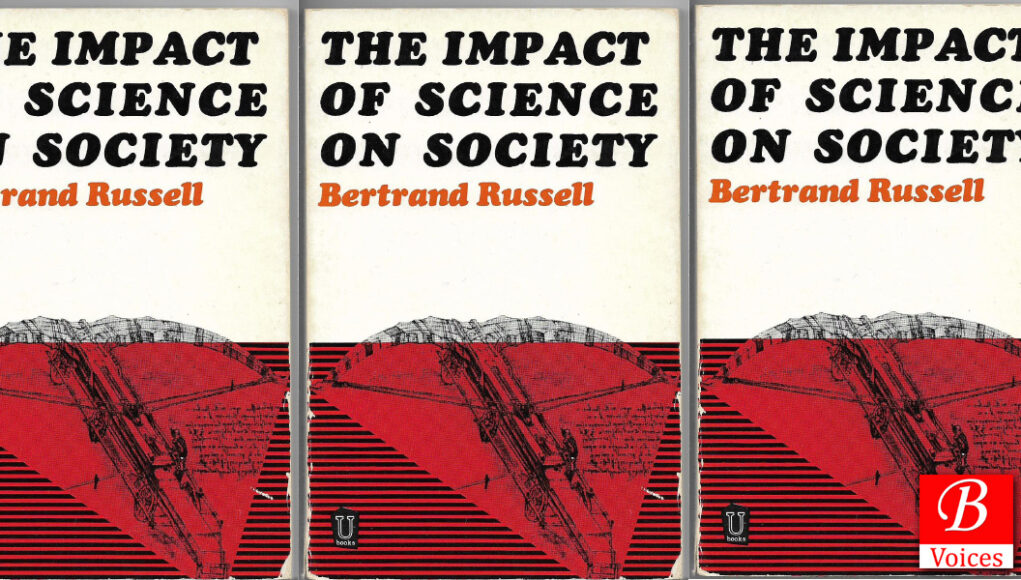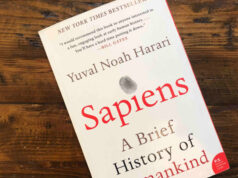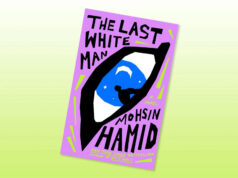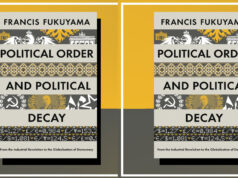 Qamber Ali
Qamber Ali
Bertrand Russell, an academician of philosophy, mathematics, and logic; beside every dark shadow, he illustrates a set of ideas of research and critical opinion. “The impact of science on society” was originally published in 1951; examining truths of intellectual conscience and determination of that intellectual ideas are neither optimistic nor inclining with pessimism. It is either, a set of believes that is exam-plied in the following sentences: “where there is life, there is hope” or “ where there is life, there is pain”. The following sentences are naturally powerful. It is us who gain fear, fury, calmness, or good humor.
This book is divided into 7 contents with 110 pages. It consists of wide information and critical junctures of science with tradition, its effects on techniques, techniques in an oligarchy, democracy, war, values, and a conclusion of the stability of scientific society.
Since the earliest days of human existence, man was never inapt to suitable conditions of living. Nor in the present time that covid-19 shocked the world, people nostalgic in hope for vaccines and many in such traditional norms that scheduling the effectiveness of post-covid stability. Science has responded to a strong revolutionary force for human sustainability. In Russell’s read of historical prospects, he recaps a human traditional history from anthropologists to scientists by the rejection of traditional superstitions. It dates the victory of humanity by the spread of the scientific outlook that medicine the tradition’s practices.
The second context of the book that Russell provides is scientific techniques that evolved and changed the course of history in a rapid process. From the ages of the Arabs of enthusiasm to know and do things, to the discoveries of the new world; industrial revolution is inevitable in a sense that not only switched the lights of labors but, famed the outcomes by civil wars, materialism, changed structures of statecraft, generated power, enabled fast communication that established greater surveillance of governments towards citizens and promoted a danger of population growth that brought famine. But for the states to prevent wars and promote peace; it was not only in desirable terms for growing of reinforcements and providing strong potentials to warriors. It was, however, negotiations that were greater in terms of psychological approach but who could let a Russian deny the capitalist liberty.
To great honor of men in successful scientific techniques, it was not always inclusion of men, who were in the “house of cards” but, a limited number of men in the ultimate power of a community that ruled. According to Russell, — it brought differences of; rich exclusion of poor, Protestants exclusion of Catholics, aristocrats exclusion of plebeians and white men exclusion of colored people and women wholly. The following resultant is none other than inclining with the scientific techniques that changed the history into a different accepted point of view of the story that Russel revolts in explaining a moderate approach between certainty. Russel improvise in a dialect of what recent populist are inclined of “the old is dying and the new can not be born”. His dialect of writing is just like promotion of “either” or “neither” or lastly assumptions of, “however”.
Moreover, in the world of inclusive disorder, Russell’s essence of democracy in the book is the chaos of indifference. As such; democracy in the eastern world is a “military dictatorship of a minority ruled power” and in the west “ is an ultimate distribution of political power except for lunatics”. But according to his approach; humans ignore what the matter of equality of power approach is and what is democracy as a matter of degree? To his conclusions, it is to become “useful”, “obey security” and move towards “opportunity”. Otherwise, it is best to highlight what he says “the construction of utopias used to be despised as the foolish refuge of those who could not face the real world”. In either of the power politics, Russell determinists are equal as what Foucault calls “governmentality”—that refers to the conduct of oneself where a sense of self-governance is a guiding force but disregard in a sense that obeying rules for Russel is community biased and for Foucault is on “individualism” either to be states or the self.
To the greatest of wars that date back to Archimedes to the recent nuclear confrontations and lately, for Russell of algorithms, Science has been effective and effective. For Russell in the mid of 20th century, man has to choose between “reason” and “Death”. And for reason, he attributed his ideas towards a single submitted law declared by the international authority. It was due to his long observations of the industrial revolution that rapidly developed capabilities for states for defencing destructions for the human race. As for “Death”, mankind has the liberty to choose but for “hope”, he was mistaken that shall be the end of the human race.
The last two chapters bring values with science that explains French existentialists, the law of Englishmen, and human passions. It is not difficult for the certainty of a scientific stable society. Russell brings up three causes of scientific society; physiological, biological, and psychological. For one who finds out the impacts of each, there is a choice of living but, most important is the international order that he mainly focuses on for a utopian. It is of the single international authority for the benefits of human civilization for growth, fewer wars, legitimacy, betterment of rule of law, and avoidance of destructions.
The Author is a Student of Political Science at GCU Lahore and belongs to Turbat, Balochistan. He tweets at @qambibaloch.
Disclaimer: Views expressed in this article are those of the author and Balochistan Voices not necessarily agrees with them.
Share your comments!








